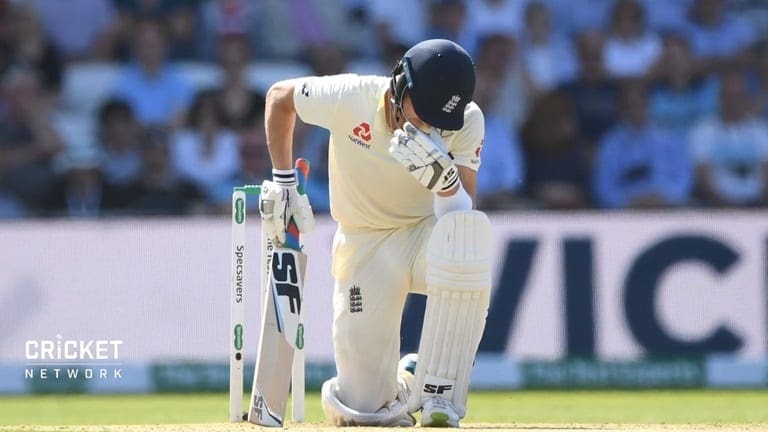Arguably Australia’s biggest cricket event of the year, the Ashes test series has raised concerns surrounding player safety. Specifically, whether a player should be immediately withdrawn from a match following a blow to the head.
Cricket’s number 2 batter in the world, Steve Smith, who has been Australia’s best batter in the Test series so far, was struck on the neck with a 148km bouncer by England’s fast bowler, Jofra Archer. Smith was then taken off from the ground to undergo a series of ‘concussion tests’ to determine whether he in fact did have a concussion. Smith passed these tests and after 40 minutes following the blow to his head, returned to bat.
The following day Smith woke with a headache and felt ‘groggy’, symptoms of a concussion, and was withdrawn from the Test by the Australian medical team.
New international procedures were implemented following the death of Philip Hughes, who passed away 2 days after being struck in the head which resulted in a traumatic basal subarachnoid haemorrhage.
Symptoms of concussions on most occasions do not occur until hours after the injury, possibly even a few days.
Without the resources of specialised medical staff at hand to determine whether a player should be withdrawn from the game and/or match, what is your opinion if a player from your local cricket team received a blow to the head from a bouncer? Should they be immediately withdrawn?
There are arguments that no risks should be taken with a concussion. However, there is also the argument due to the nature of the sport whereby bouncers are a bowler’s weapon in their arsenal in the strategic game, a player should not be withdrawn on every occasion that they are hit in the head.
If you or anyone that you know has been subject to any injuries as a result of negligence from a sporting body, contact our offices on 8917 8700 to discuss your options.

